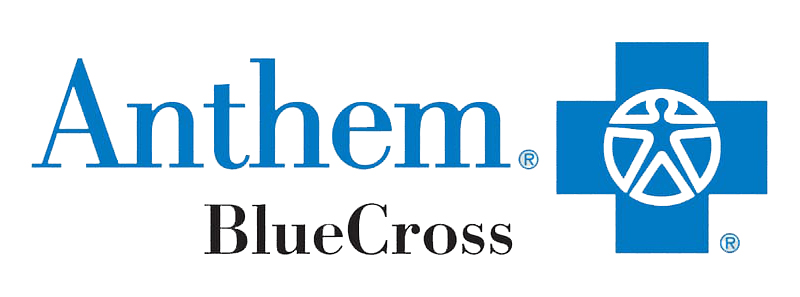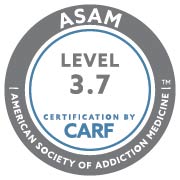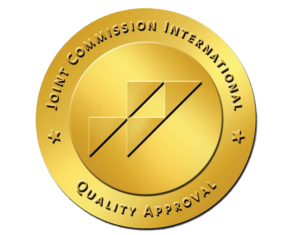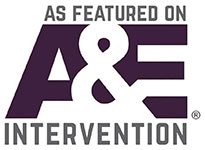Women are often left out of the conversation around disordered attachment and addiction. Other things take precedence, like how women’s experiences with addiction differ from men or why they become addicted versus how men come to abuse drugs and abuse alcohol. Research is demonstrating there is a correlation between insecure attachment as children, gender, and addiction. This three-prong view can help inform the narrative of how women develop an addiction and ways to help them thrive in rehab and recovery.
Overview of Attachment Theory
To understand gender and attachment issues, it helps to look at how it happens and why women suffer more from disordered attachment than their male counterparts. Attachment theory is basically the biological tendency to create emotional bonds with caregivers like parents in the first few years of life. Every child develops an attachment system, whether or not it is healthy or not depends on how it develops. When a child is not getting their needs met, their attachment is going to be less than a child whose attachment is stronger to the caregiver. When a baby or child cries and is not comforted appropriately, this can change the biology and neurology of how a child responds to that caregiver and also other caregivers who come into their lives down the road. They may not rust or be able to attach to people in a healthy way down the road. This can lead to what is called ‘disordered attachment
Gender and Attachment
Women who are young when they struggle with caregiver attachment often turn into adult women with relational challenges. They may also develop addictive behaviors. Females exposed to stressful life events respond differently to the stressor and insecure attachments. Young males exposed to the same stressors may tend towards fight or flight responses, while girls tend towards friend and befriend, meaning they seek out disorganized attachments that lead to being in controlling and sometimes violent relationships. They may be at higher risk of developing eating disorders and process addictions or even have mental health challenges that co-occur with addictions. Women often turn the challenges inward as adults while men may express their stress outwardly, being the oppressor or violator of others in negative relational contexts. It all depends on how they were raised and their own individual interpretation of the responses to early stressors. No two children, even twins in the same environment, will respond exactly the same to the same environment. It is important to note that women cannot all be expected to respond the same way in treatment, as well, to disordered attachment work in a therapeutic sense because their life experiences will also inform how they navigate their healing journey.
Drug Use as an Attachment Disorder
Women are vulnerable to drug use due to their histories of trauma and abuse as children. This vulnerability is a result of exposure to drugs in the home or uses to deflect and deal with those hard feelings that surface. Self-medicating is a way of self-regulating, even if it is not healthy, it is the only way women often feel they can cope with the challenges they face dealing with memories of trauma. Knowing how to regulate feelings and behavior is essential for survival. Modern attachment theory claims the ability to self-regulate comes from the early caregiver relationship. With strong emotional bonds, people learn how to take care of themselves and others. When attachment security is compromised, insecure attachments are formed. People who struggle with intimacy and closeness with others look to self-sooth this distress in any way possible. Complex trauma is also more present for women, especially those who have suffered severe sexual abuse experiences. The woman does not have a previous history of misusing drugs or alcohol prior to the traumatic event but tries to self-medicate the pain away by drinking or using drugs.
The Reality of Attachment Issues
While many theories exist to look at attachment styles, the reality is that women need trauma-informed care in rehab. They need support for aftercare so they can recover well and remain sober and clean while healing past trauma. Social supports can do more to support resilience efforts, interventions for triggers, and provide community around women who struggle with addiction and past trauma. Women who are struggling with addictive behaviors often struggle with mental health issues like PTSD, depression, anxiety, and other challenges. With the right support, tools, and resources, women can often find the right path to journey forward in recovery that takes them away from addiction towards a new life. Supporting women with dual diagnosis, trauma-informed care, is one of the best ways to offer hope and healing for women with traumatic pasts who are looking to the future with hope.
Casa Capri is designed for women who are struggling with addiction to find hope and a purpose. Our program is designed with small, intentional groups that help women be vulnerable and open up. We believe building a sisterhood of support will help women navigate their healing journey in recovery. Our therapists are trained to support trauma-informed care and nutrition is a key part of our recovery model. If you are looking for community and connection in rehab, call Casa Capri today: 844-593-8020
















